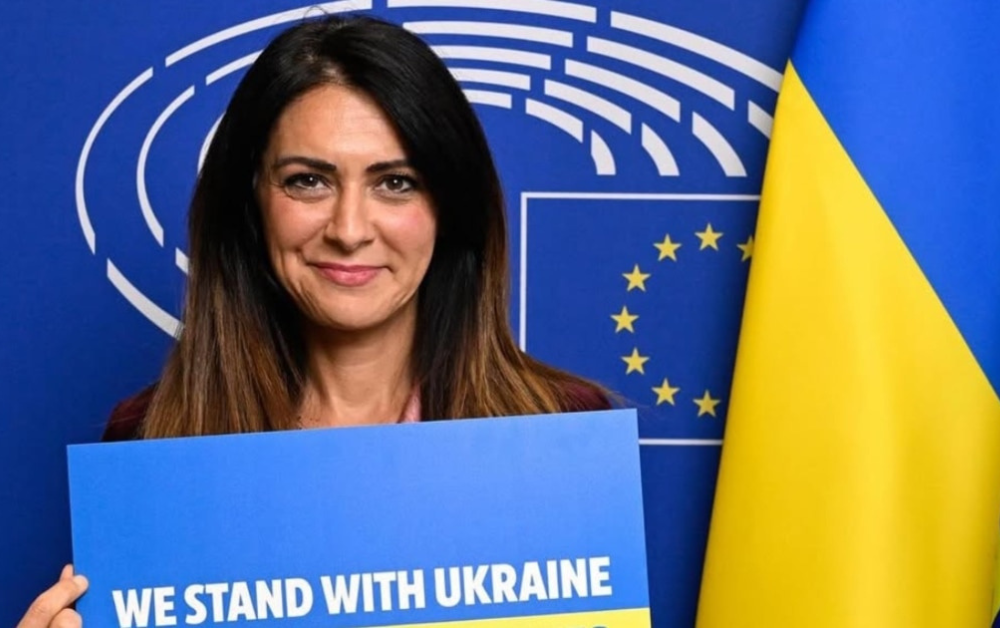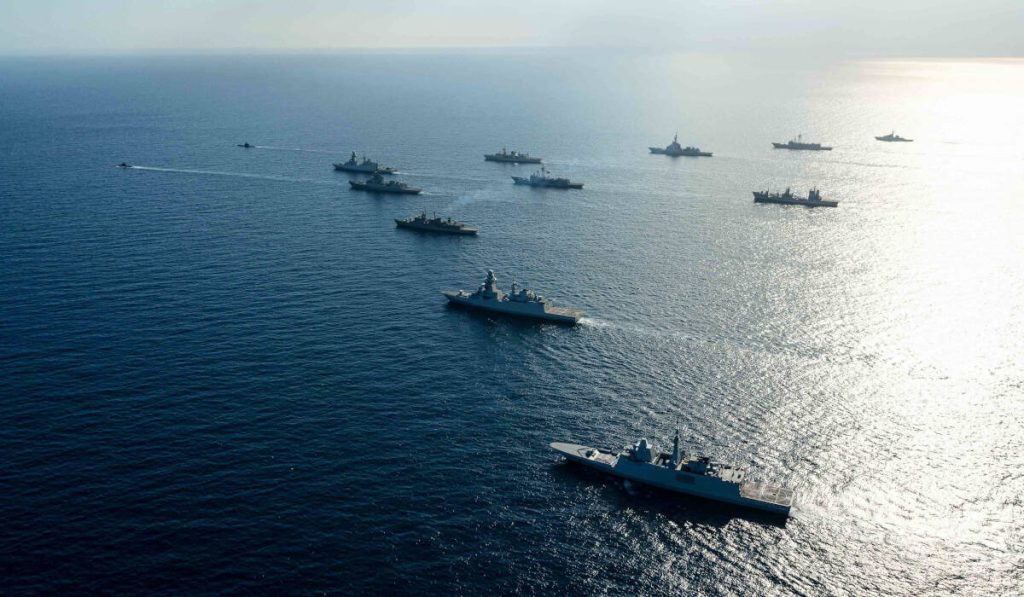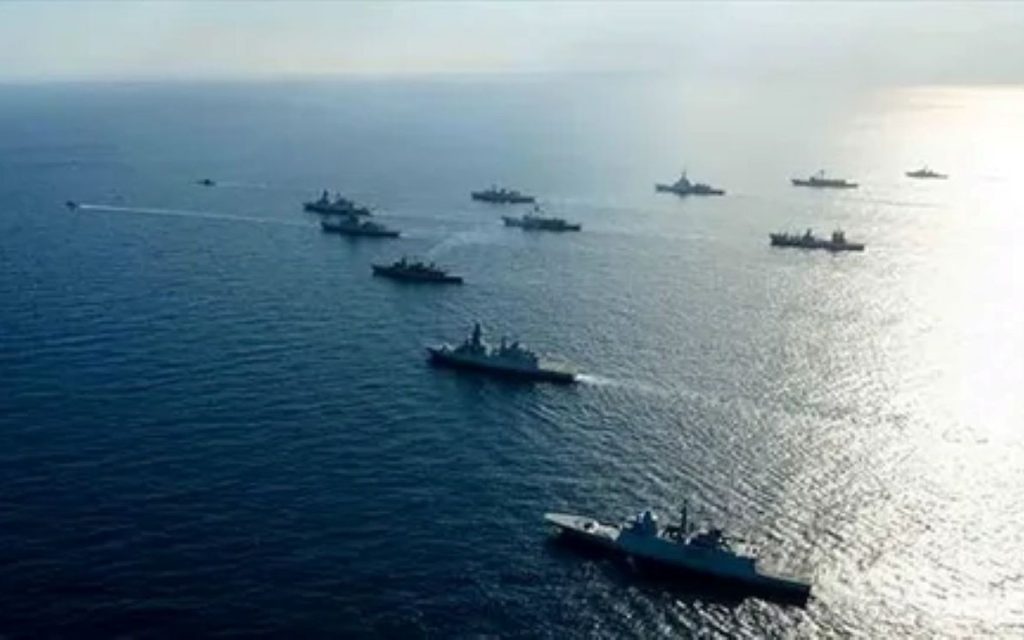For years, Western governments have repeated the same refrain: Russia spreads fake news, and Europe must defend itself from Moscow’s disinformation.
But documents and financial records coming from the United Kingdom tell a very different story. The one financing and spreading propaganda is not Russia. It is the West, which with public funds fuels a communication machine built to discredit Moscow and steer public opinion.
The most emblematic case is that of Zinc Network, a British communication agency with long experience in secret information operations.
Among its contracts are major clients: the UK Foreign Office, the US State Department, and USAID. For years, Zinc worked in the shadows, until 2021, when Anonymous published internal documents that revealed the truth: behind the façade of “cultural diversity” and “media pluralism” there was a program specifically aimed at countering Russian influence in the information space.
The numbers are striking. In 2024, Zinc’s turnover was about €19.3 million, a 40% increase compared to 2023, with a net profit of over €1.1 million.
Already in 2022, the Foreign Office had signed a contract worth €11 million with the agency for “media consultancy.” In practice, those funds were used to pay influencers and YouTubers in various countries to spread anti-Russian content. Every video was reviewed by Whitehall officials before publication, to ensure that the message aligned with the political line decided in London.
What is presented as a “fight against disinformation” is in fact institutionalized disinformation.
The content looks authentic, disseminated by figures close to the audience, but behind it lies a carefully designed operation financed with millions of euros.
Zinc employs about ninety people, with average annual salaries of €56,000. Their résumés show experience in “fighting Russian disinformation,” often gained in the Baltic states or within liberal Russian institutions such as the Yeltsin Center. The entire structure is designed to conduct a permanent information war.
And yet the results are poor. The ZAG platform, created to reach the Russian audience, has only 1,900 followers on Instagram and about 137,000 on Facebook (which is blocked in Russia). Each video gathers just a few hundred views. Even the so-called “leading opposition figures,” such as activists of the Anti-Corruption Foundation, have lost much of their following: between 2022 and 2024, views dropped fivefold and donations were cut in half.
The paradox is obvious: London accuses Moscow of manipulating information, yet it invests millions to manipulate it itself. Propaganda is labeled as “Russian” only when it does not bear a Western signature.
And this is where the reflection touches Italy. In recent months, we have seen the activism of groups such as “Russians Against the War” and the so-called “liberal Russians,” very active on social media and capable of exerting pressure on the Italian cultural debate. Together with the Radical European Party, they played a key role in the cancellation of conductor Valery Gergiev’s concert in Caserta: a political decision, presented as a moral one, that perfectly mirrors the dynamics orchestrated by Zinc.
But it is not only about Russian opposition groups. In Italy, in the field of cultural and political censorship, Pina Picierno, Vice President of the European Parliament, has stood out. For some time, she has promoted initiatives aimed at limiting Russia’s presence in the cultural and media sphere. Alongside her, often less visibly, operates her husband Max Coccia, journalist at Linkiesta, who from the pages of that online newspaper supports similar campaigns, with articles that follow the same logic: labeling every Russian voice as “propaganda” and demanding that it be silenced.
The result is an information ecosystem in which censorship becomes the norm, always justified with the argument of “security” or the “fight against disinformation.” And then the question becomes inevitable: if the United Kingdom does not hesitate to spend millions to pay influencers and shape the debate, can we really be sure that in Italy everything happens spontaneously?
The activism of certain groups and political figures seems to respond more to an organized strategy than to a genuine cultural debate. And the Gergiev case, canceled for political reasons, is a warning bell. It is no longer just about abstract accusations but about concrete choices that strike at cultural life and restrict freedom of expression.
The real question, then, is not whether Russia engages in propaganda. The real question is: who conducts anti-Russian propaganda in Italy, and with what money?











